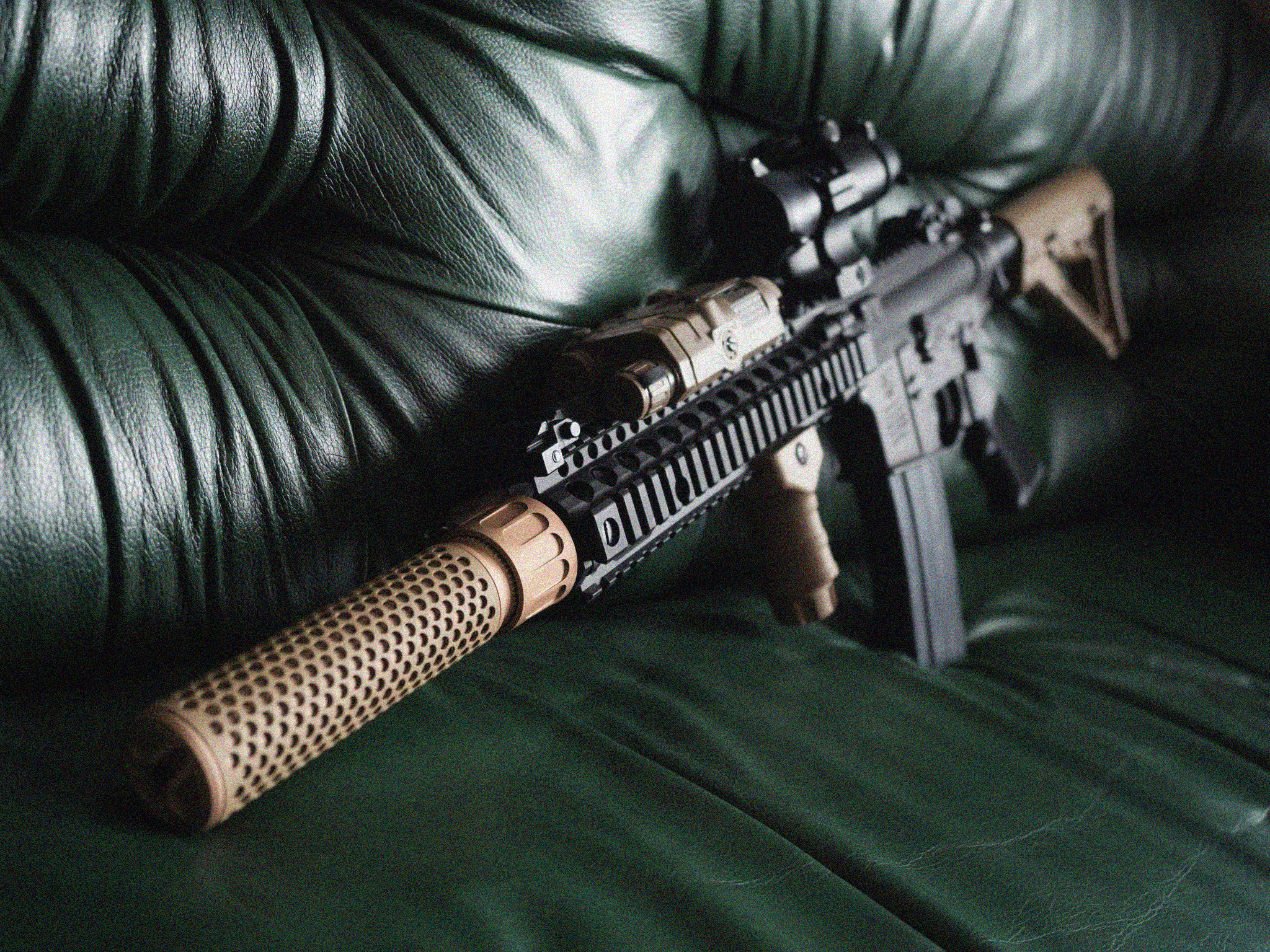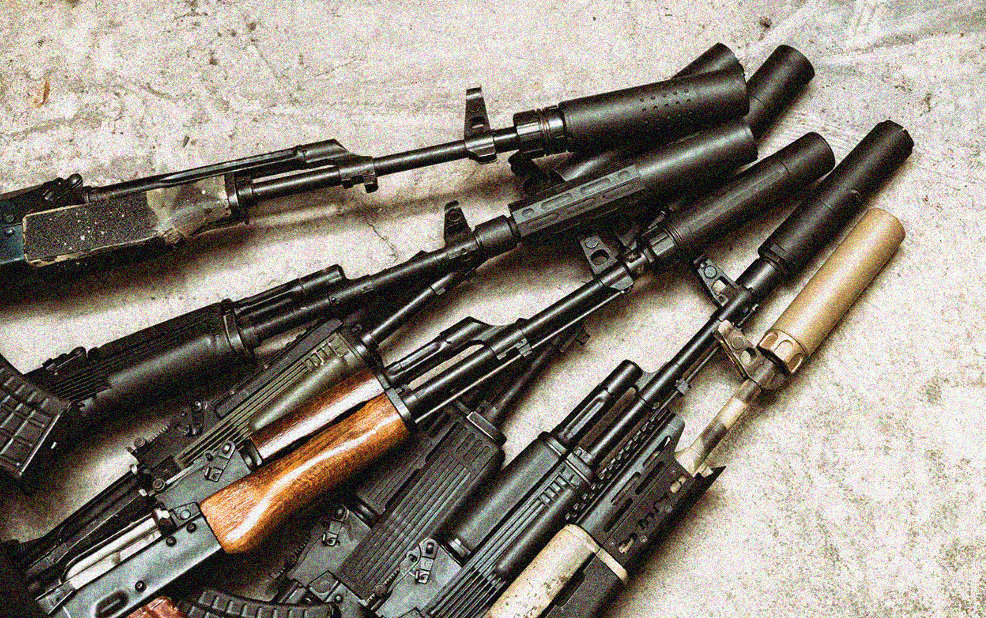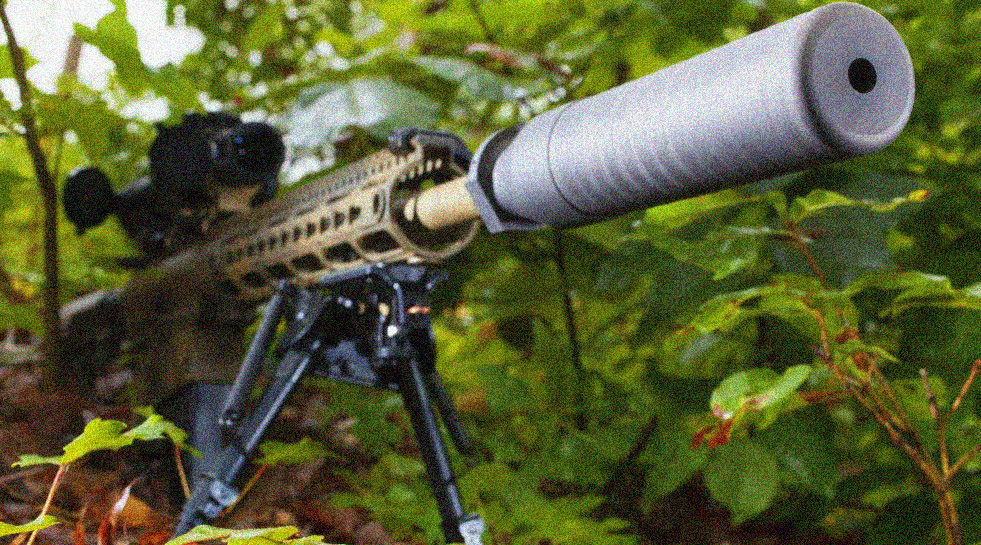Yes, a suppressor can help reduce recoil. In general, the gas pressure that drives the bullet forward also acts on the rear of the gun, creating what is known as recoil. This force can be reduced by several factors, including the weight of the gun, the use of counter-recoil devices such as muzzle brakes or ported barrels, and redirecting some of that gas away from the back of the gun with a suppressor. So yes, using a suppressor can help to reduce recoil. However, it’s important to note that even with a suppressor there will still be some recoil present. Additionally, other factors such as barrel length and ammunition type can also affect recoil.
A suppressor, also known as a silencer, does indeed reduce recoil. In addition to reducing noise, a suppressor protects the shooter’s hearing and can make shooting more pleasant for both the shooter and those nearby.
How does a suppressor work? A suppressor works by attenuating (reducing) the sound of the shot. Gunpowder ignites and transfers its energy to propellant gases, which expand rapidly and push the bullet down the barrel. As these gases escape from the muzzle they create a sonic boom that we hear as a gunshot. A suppressor uses internal baffles to slow down and cool these escaping gases, thereby reducing their noise.
The main benefit of using a suppressor is hearing protection. The Occupational Safety and Health Administration (OSHA) sets maximum permissible exposure limits (MPELs) for noise in the workplace. For firearms, this limit is 140 decibels (dB). A gunshot can range from 140-175 dB depending on the firearm, ammunition, and environment. Suppressors typically reduce noise by 20-35 dB, which brings most gunshots below the MPEL. This can be a significant reduction, especially when shooting multiple rounds in rapid succession.
In addition to hearing protection, suppressors also protect the shooter’s eardrums from damage. When a bullet leaves the muzzle of a gun without a suppressor, it creates a mini sonic boom that can cause permanent damage to the shooter’s ear drums. This damage is cumulative, so every shot without a suppressor puts the shooter at risk for hearing loss.
Finally, suppressors can make shooting more pleasant for both the shooter and those nearby. When shooting outdoors, a suppressor can help reduce noise pollution. In some cases, it may even be required by law. For example, many hunting areas have laws that require the use of suppressors to reduce noise pollution.
A suppressor, also known as a “silencer,” does reduce recoil. It’s one of the reasons they’re so popular with firearm owners. The other benefits of using a suppressor are that it reduces the noise of the gunfire and makes it difficult for someone to locate the source of the shots.
A wider variety of ammunition can be used without greeting ear protection when firing, making training more enjoyable. Reduced recoil also makes repeating shots quicker and more accurate, allowing for maximum suppression effect in combat or hunting situations.
A bonus is that suppressed firearms often have their lives extended due to the heat and blast being directed away from moving parts.
In general, a suppressor will reduce the amount of recoil you feel when firing a gun. This is because the suppressor reduces the muzzle rise and overall noise of the gunshot, making it more comfortable for shooters to fire their weapons. While there are some recoil-reducing benefits to using a suppressor, it’s important to keep in mind that they also add weight and length to your gun, which can affect your shooting accuracy. If you’re considering using a suppressor for your gun, make sure to consult with an experienced firearms instructor to learn how it will affect your shooting.
Suppressors (or, more commonly, “silencers”) are devices that attach to the muzzle of a firearm and reduce the loudness of the gunshot. They work by trapping some of the high-pressure gas that is produced when the bullet is fired and allowing it to expand slowly over a longer period. This reduces the noise of the gunshot both for the shooter and for anyone nearby.
Suppressors do not eliminate all noise from gunfire, but they can reduce it by up to 30 decibels or more, making it much easier on both the shooter’s ears and those of anyone nearby. In addition to reducing noise, suppressors also reduce felt recoil because they allow some of the gases to escape before they can push the back of the bullet.
Please login or Register to submit your answer





